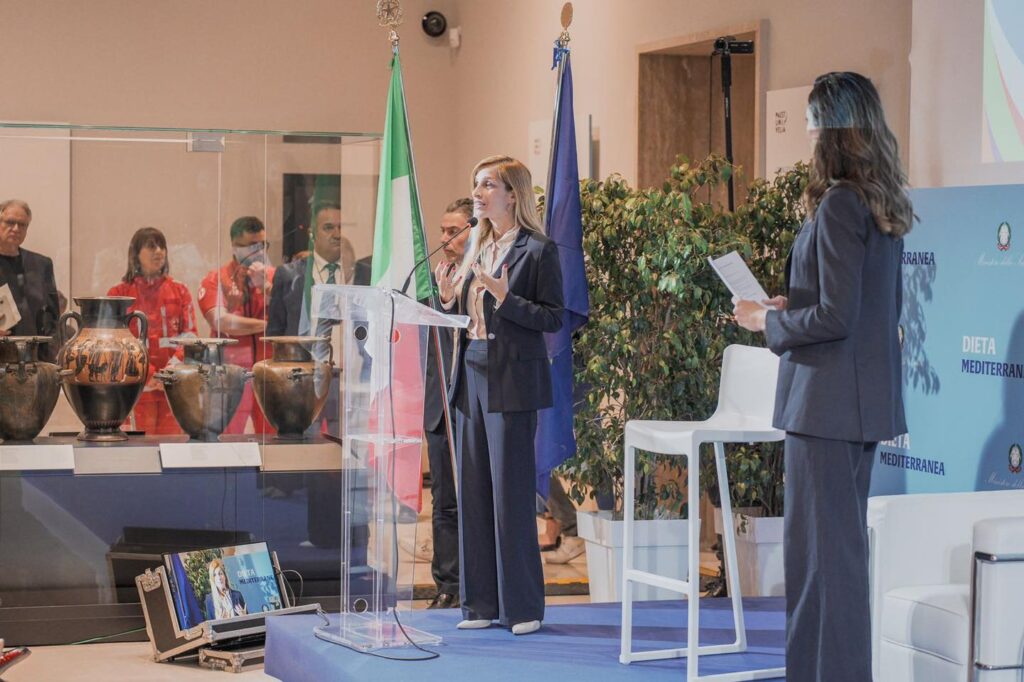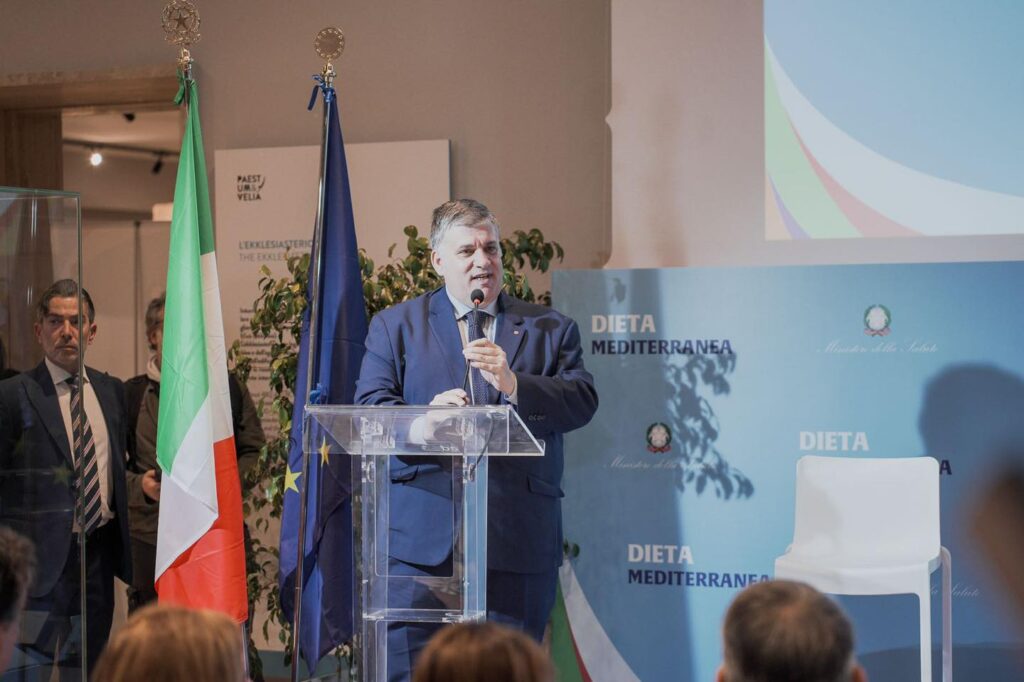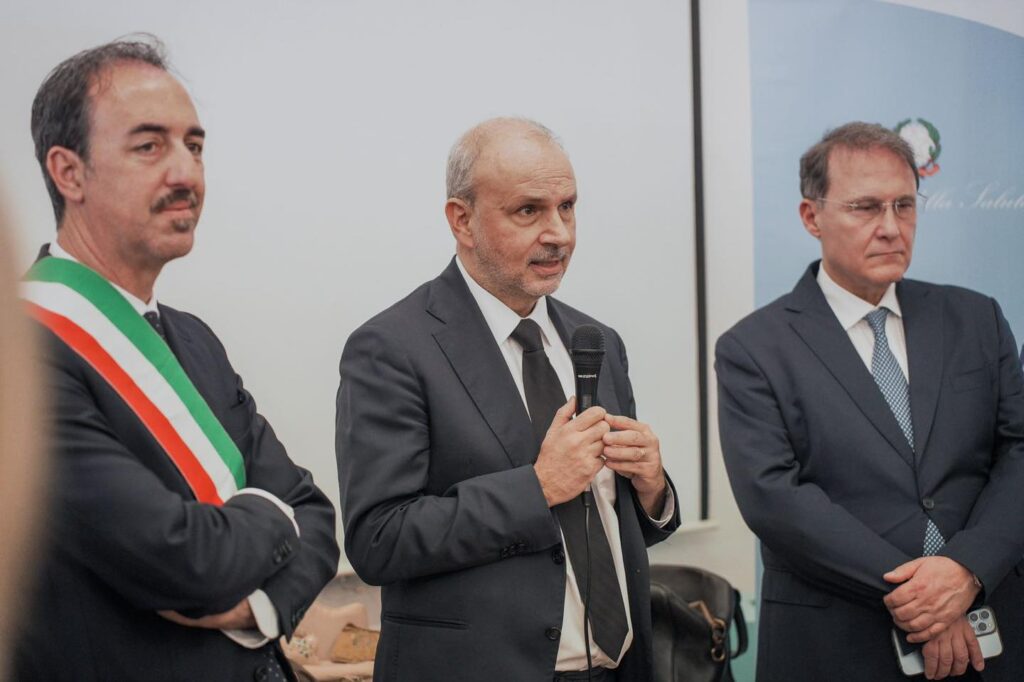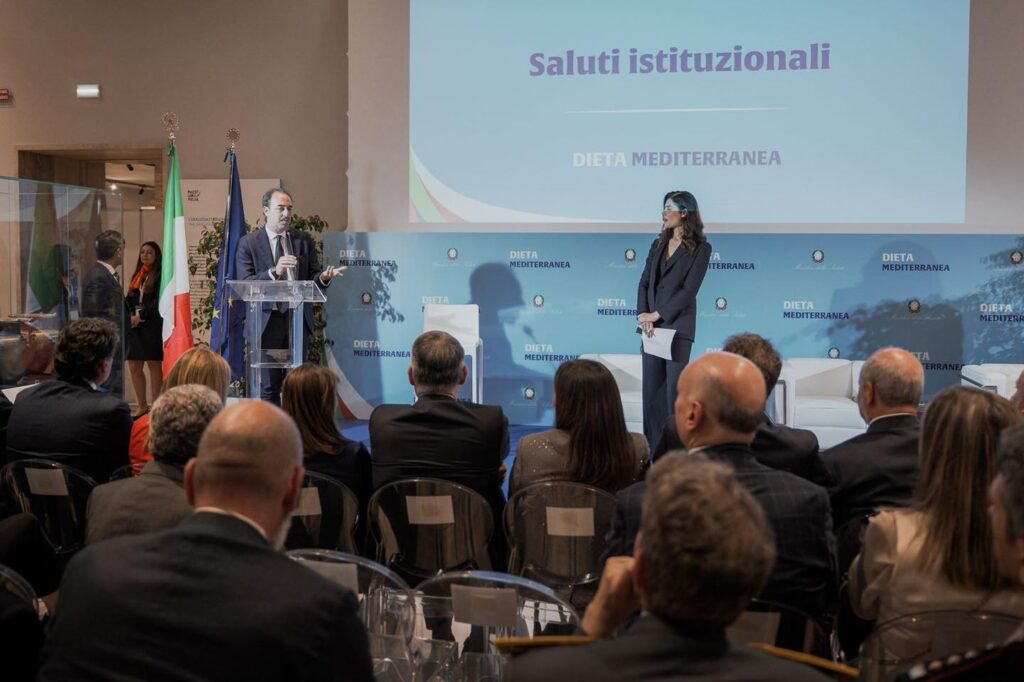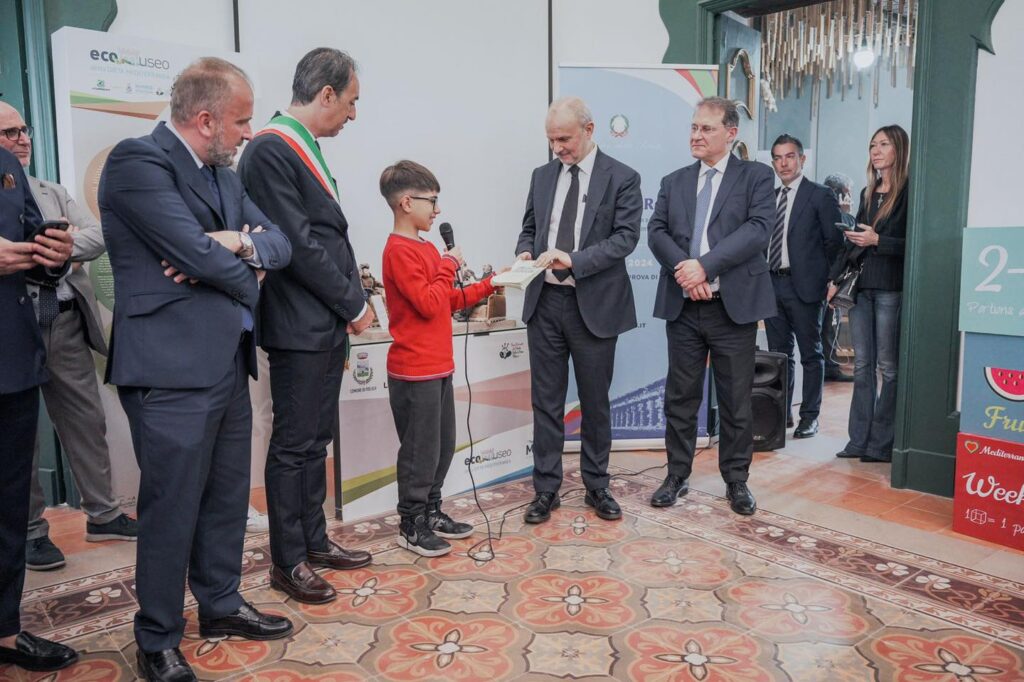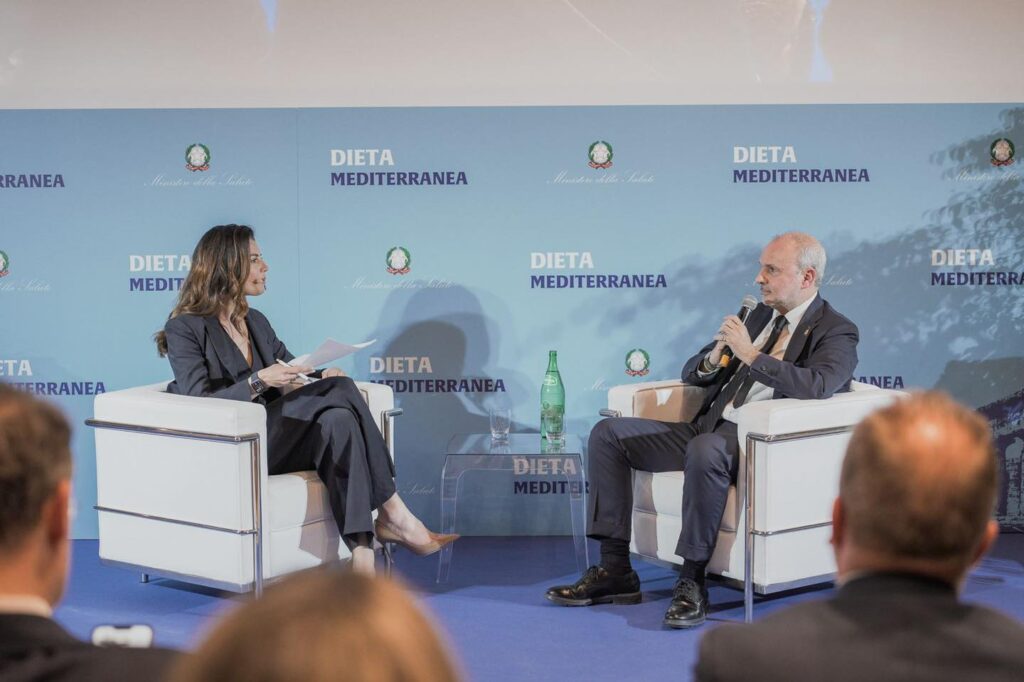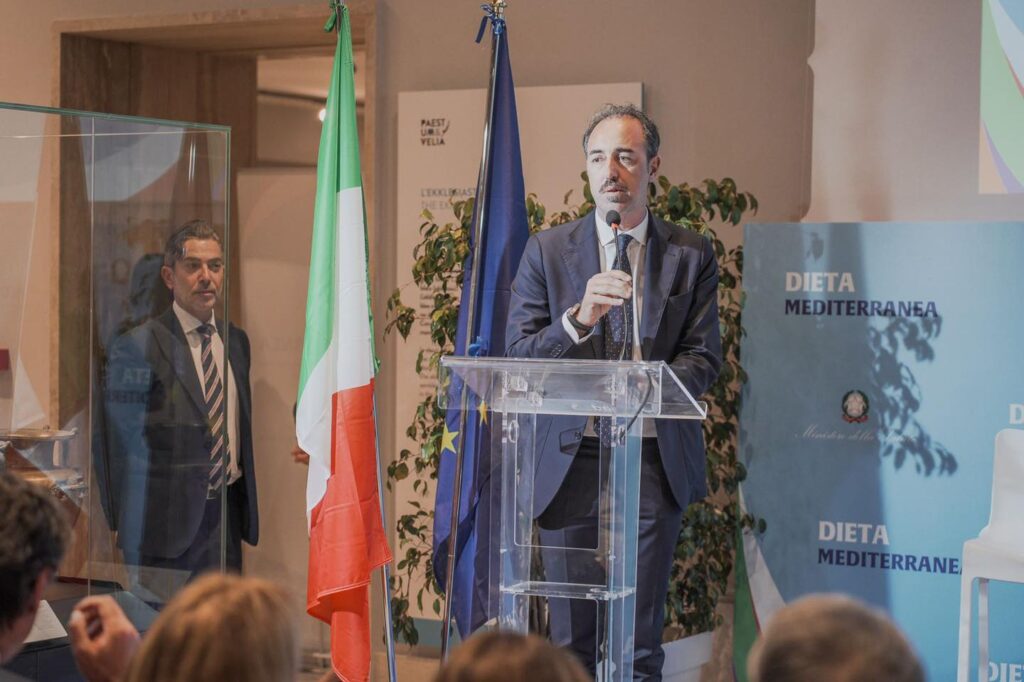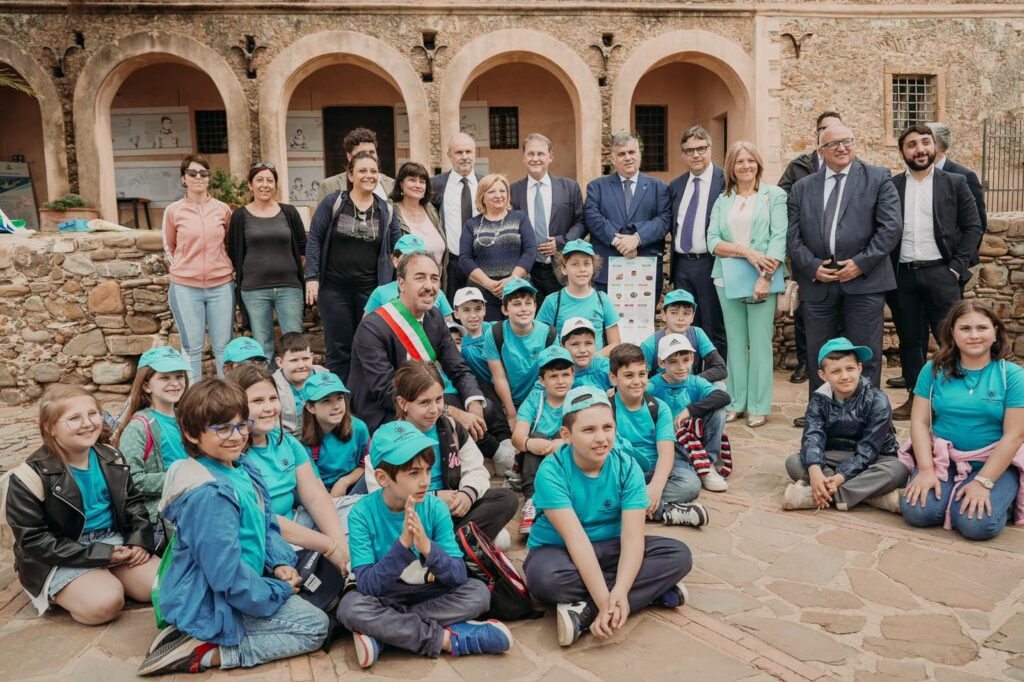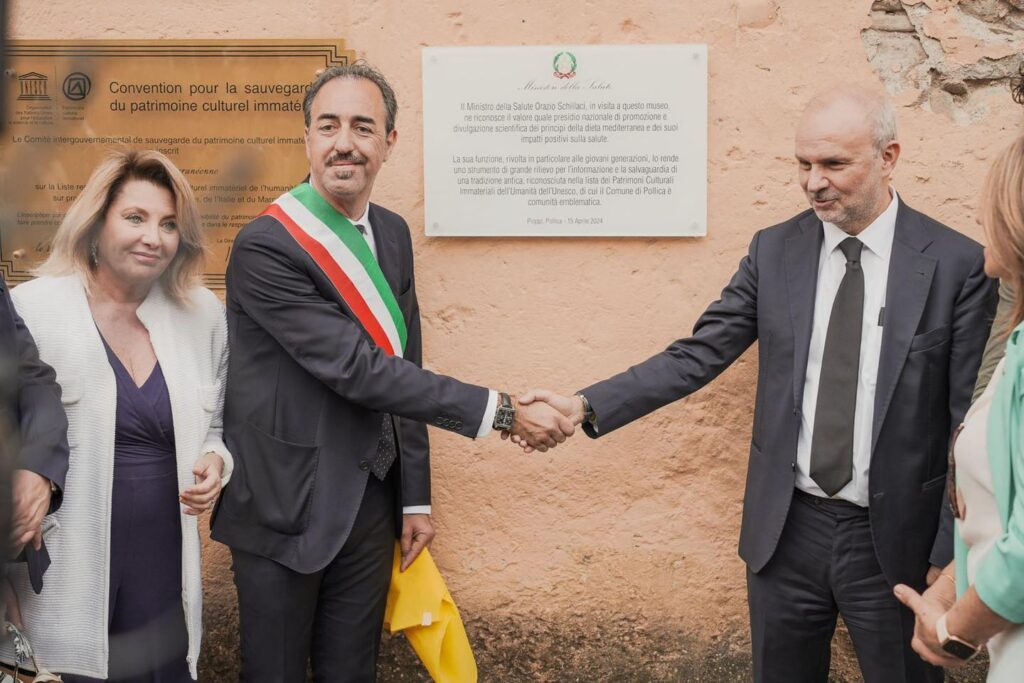The Museo Vivente della Dieta Mediterranea in Pioppi has been acknowledged by the Italian Minister of Health as a national hub for promoting the principles of the Mediterranean Diet, a cornerstone of preventive medicine and longevity. This recognition highlights the museum’s vital role in spreading awareness about the Mediterranean Diet, especially among younger generations, positioning it as a crucial tool in combating childhood and adolescent obesity and preserving a millennia-old culture recognized by UNESCO as an Intangible Cultural Heritage of Humanity. The municipality of Pollica stands proudly as an emblematic community of this heritage.
A Pillar of Preventive Medicine and Longevity
The Mediterranean Diet is renowned for its numerous health benefits, particularly in preventing cardiovascular diseases, diabetes, and obesity. The Museo Vivente della Dieta Mediterranea serves as a dynamic educational platform where visitors can learn about these benefits through engaging exhibits and activities. By promoting a healthy lifestyle rooted in traditional dietary practices, the museum plays a crucial role in public health education.
Engaging the Younger Generation
One of the museum’s primary missions is to educate and engage younger audiences. Through interactive exhibits and educational programs, the museum teaches children and adolescents about the importance of a balanced diet and healthy eating habits. This proactive approach is vital in addressing and preventing the rising rates of obesity among youth. By instilling these values early, the museum helps to foster a healthier future generation.
A Living Heritage of Millennia
The Mediterranean Diet is not just a dietary regimen; it is a way of life that encompasses cultural, social, and environmental dimensions. The Museo Vivente della Dieta Mediterranea celebrates this rich heritage by showcasing the traditions, practices, and values that have been passed down through generations. Visitors can explore the diet’s historical roots, its role in fostering community, and its contributions to environmental sustainability.
The Vision of Angelo Vassallo
Pollica has played a pioneering role in the recognition of the Mediterranean Diet, particularly through the efforts of visionary Mayor Angelo Vassallo. Under his governance, the Museum of Mediterranean Diet was established in Pioppi in 1998. This museum is a key part of Pollica’s and Cilento’s cultural heritage, dedicated to preserving and promoting the traditional dietary patterns of the Mediterranean. The museum serves as a center for education and research, emphasizing the historical, cultural, and nutritional aspects of the Mediterranean diet.
Pollica’s Pioneering Role in Promoting the Mediterranean Diet
In 2010, UNESCO declared the Mediterranean Diet an Intangible Cultural Heritage of Humanity, recognizing Pollica and Cilento as emblematic communities for Italy. This declaration underscored the significant cultural, ecological, and health benefits of the Mediterranean lifestyle, which includes traditional agricultural practices, culinary skills, and the importance of community and family in preserving these traditions.
In 2011, under Mayor Stefano Pisani, Pollica established the Mediterranean Diet Study Center. This center coordinates the international network of Mediterranean Diet Museums, including the Ecomuseum in Pioppi, and focuses on interdisciplinary research that spans nutrition, sustainability, and cultural studies.
That same year, representatives of the emblematic communities of Koroni, Soria, Cilento, and Chefchaouen met in Koroni, Greece, and issued the Koroni Declaration. This declaration affirmed their commitment to cooperation and the development of a strategic plan for the Mediterranean Diet, enhancing the role of these communities as models for sustainable development. Among the initiatives agreed upon was the establishment of a Mediterranean Diet Observatory in Pollica at Palazzo Capano, which also hosts the Mediterranean Diet Study Center named after Angelo Vassallo.
Further solidifying Pollica’s leadership, in 2022, the Mediterranean Diet Study Center in Pollica became the permanent secretariat for coordinating international efforts to preserve and promote the Mediterranean Diet. This permanent secretariat plays a crucial role in fostering collaboration and implementing the strategic goals outlined in the Koroni Declaration.
An Immersive Experience
At the Museo Vivente della Dieta Mediterranea, visitors can immerse themselves in the history and culture of the Mediterranean Diet. The museum features a variety of exhibits, including traditional cooking demonstrations, tastings of local products, and educational workshops. These activities provide a hands-on experience that brings the diet’s principles to life.
A National and International Beacon
With this recognition, the Museo Vivente della Dieta Mediterranea is poised to enhance its role as a national and international beacon for health and cultural heritage. It serves as a model for other communities seeking to promote healthy lifestyles and preserve their cultural traditions. The museum’s activities align with the United Nations’ Sustainable Development Goals (SDGs), particularly in promoting good health and well-being, sustainable agriculture, and responsible consumption.
The recognition of the Museo Vivente della Dieta Mediterranea by the Italian Minister of Health highlights the museum’s invaluable contributions to public health and cultural preservation. As a national hub for the Mediterranean Diet, the museum continues to inspire and educate visitors of all ages. Through its dynamic exhibits and educational programs, it plays a vital role in promoting a healthy lifestyle and preserving a rich cultural heritage for future generations.
For more information, visit the Museo Vivente della Dieta Mediterranea and learn about its mission, activities, and the legacy of Angelo Vassallo.
References:
